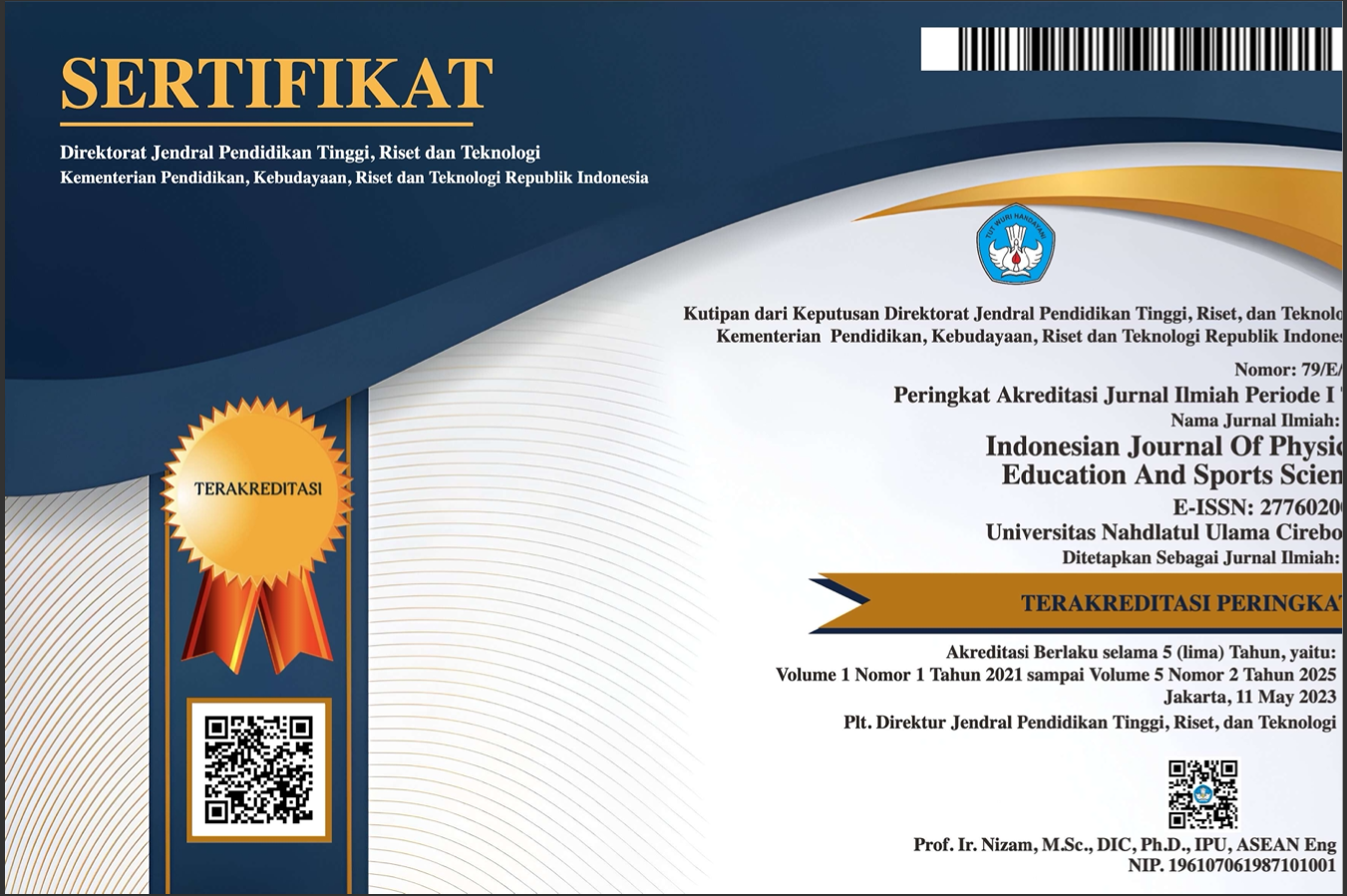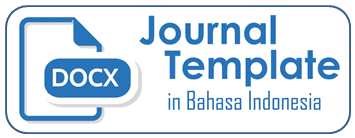Faculty Members' Perspectives on Organisational Identity: Digital Leadership of Universities of Nineveh Governorate
DOI:
https://doi.org/10.52188/ijpess.v4i2.704Keywords:
Digital Leadership, Organizational Identity, Faculty Members, Physical Education, Sports SciencesAbstract
Study purpose. This study aimed to identify and determine the level of DL implementation by heads of physical education and sports science departments and the extent to which DL contributes to organisational identity in universities in Nineveh, Iraq. A descriptive survey method was used and the study involved faculty members in colleges and departments.
Materials and Methods. Data were obtained from 92 participating members. A structured questionnaire related to organisational identity was used, consisting of five dimensions (strength of identity, normative identity, utilitarian identity, mental image, and pride). Data were analysed for participants' responses in the form of percentages, arithmetic averages, and statistical data using SPSS version 21.
Results. The results showed that the high level of DL application was for innovation and knowledge, at 83% and 73.7%, respectively. There was a positive and statistically significant relationship between DL application and organisational identity, respectively, and 82.5% for pride and 77% for normative identity, the most important dimension of organisational identity. There was a positive and statistically significant relationship between DL and its dimensions (innovation, persuasion, knowledge) and organisational identity of higher education (p<0.05).
Conclusions. The study concludes the adoption of DL and organisational identity by department and college leaders as a result of high adoption of innovation and knowledge, in addition to normative identity, pride, and scientific method in dealing with lecturers. It was found that there is a significant relationship between DL and its organisational identity dimensions.
Published
How to Cite
Issue
Section
Copyright (c) 2024 Thabet Ihsan Ahmed , Ahmed Raad Ibrahim, Nour Fares Ahmed, Dhamiaa Ali Abdullah

This work is licensed under a Creative Commons Attribution-NonCommercial-ShareAlike 4.0 International License.











